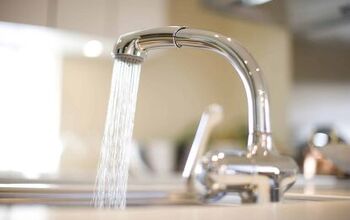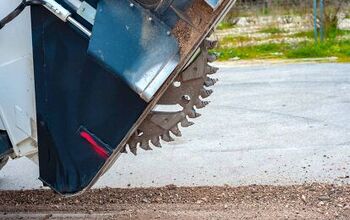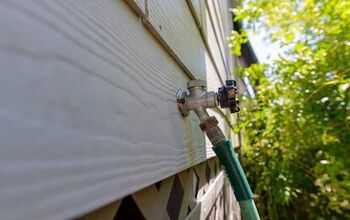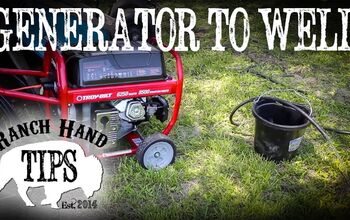Do Appraisers Look Inside Of Closets?

Whether you’re preparing to purchase a home or need to know your current home’s worth, you need an appraisal. A professional appraiser looks at a home inside and out and comes up with a value for the property. As part of their job, appraisers look at all aspects of your home, but do appraisers look inside of closets?
Appraisers look inside of closets because their job is to look at a property in its entirety and assess the overall square footage. The appraiser considers the size of the closet and its condition, both of which influence the final appraisal. Appraisers don’t care about your clutter, but a neater closet will make the job easier.
That’s right, an appraiser isn’t concerned with your clutter, so if you want to shove things into your closets, then go ahead. However, crammed closets might make it difficult for an appraiser to get an accurate assessment. Before you get an appraisal, you might want to read this guide so we can answer all of the possible questions you might have.
Do You Need to Hire an Appraiser?
Get free, zero-commitment quotes from pro contractors near you.

What Do Appraisers Do Exactly?
If you are buying or selling a home, refinancing your home, or just curious about your home’s value, you need to get an appraisal. Professional appraisers are very thorough and check out a property from top to bottom. An appraiser determines the overall value of your home based on several different factors like home size, lot size, condition, and location.
An appraiser will take measurements of your property, factor in how well your home is maintained, and note any updates. The appraiser will also look at how your home compares to other properties in the area and then combine all of the information to determine the actual worth of your home.
You typically need an appraisal if you are planning to purchase or refinance a home. You also need an appraisal if you plan to gift your home to a family member.
Appraisal For Home Purchase And Refinance
The appraiser in home purchase and refinance situations are chosen by the bank or lender. The lender wants to ensure that the home’s list price, or the cost of the refinance loan, does not surpass the home’s value. In other words, an appraisal is how the lender protects itself.
Even if you plan to pay cash for a home, you might still opt for an appraisal to ensure you are getting a good deal. However, in this scenario, you get to choose the appraiser of your choice since no lender is involved.
Why Do Appraisers Look Inside of Closets?
Appraisers need to assess the total value of a home, which means they need to look at the entire property. A thorough appraiser will look at the outside of your home and throughout the inside.
It’s also vital that an appraiser determines your property’s gross square footage, not just the living area. Closets and other storage spaces like attached garages are part of your home’s overall square footage.
Another thing to consider is that even if a home appears to be in fantastic condition, there can always be hidden problems. There could be signs of water damage inside a closet, holes in the wall, mold, or other issues. Therefore, when you prep for an appraisal, don’t forget to get your closets in tip-top shape.
Appraisers Look Inside Of Closets To Verify What Exists In The Space
Appraisers also need to verify what is behind every door. For example, what if an appraiser assumes a door leads to a closet, but it actually leads to a bathroom or another room? If the appraiser were to skip the assumed closet door, then the overall home value would be lower than it should be.
Believe it or not, there can also be whole rooms found through closets. People have decided to add secret rooms or storage areas in this way. Any space in your home adds to its overall value, so appraisers check everything.
How Should You Prepare For An Appraiser To Look Inside Of Closets?
When you prepare for an appraiser, you should do the same thing with your closets that you do with the rest of your home. Fix any visible and hidden problems that you are aware of and clean the inside of the closets.
Organize and straighten your closets to the best of your ability. Patch holes and repair cracks, and add a fresh coat of paint. Repair any loose shelving and take care of any wayward odors.
Adding lighting inside of your closets and extra shelving can help improve the functionality of the space. Imagine that the appraiser is a potential buyer — what would you want a buyer to see?
What Do Appraisers Consider “Red Flags” In A Closet?
Appraisers are trained experts, and experienced appraisers are extremely good at picking up on issues.
While most of the time, a closet is just a closet, there are a few things that could send up a red flag:
- There are odd smells coming from the closet that could signal mold or mildew issues.
- There are soft spots or holes in the walls of the closet.
- There are loose or soft spots in the floors of the closet.
- There are water spots or other signs of water damage on the ceiling in the closet.
Of course, any of these issues would be red flags anywhere in your home. However, when they are in a closet, you are less likely to notice them, leaving them unfixed for an appraisal.
It’s essential to look through every nook and cranny of your space with an unbiased eye before an appraisal. Put yourself in a buyer’s shoes and look at everything as if you are seeing it for the first time. You might be surprised about what has become unnoticeable to you over the years.
Do Appraisers Need To See What’s Inside Cabinets Or Drawers?
When appraising your home, the appraiser is more worried about the size and condition of your home overall. So, therefore, since your cabinets and drawers don’t add to the square footage, an appraiser typically doesn’t look inside of them.
Now, one exception to this is if they see an issue. Let’s say they see a brown water spot on the ceiling near your cupboard or damage on the outside of a drawer. In these situations, they will open them to see exactly what is going on and check for any problems.
Therefore, it’s a good idea to repair any damage before you seek an appraisal for your home. Otherwise, it will negatively affect the outcome.
Make Sure You Clean Your Home Before The Appraisal
Before the appraiser comes, you should do a deep cleaning. It’s best to do this the night before so that you can get everything done. When a home is nice and clean, it makes it look like the home is worth a lot more than if it’s dirty.
Take the time to remove any old stains from the carpet and flooring, as well as to scrub the walls. If you have any damage to your cabinets or doors, then perhaps taking care of that a few weeks ahead of time is also a great idea.
Now, if you’re dealing with any odd smells that won’t go away, search for the culprits so you can fix this problem. This should be done several days ahead of time. However, you can always boil some cinnamon or bake some cookies before they get there to mask any odd odors. Then, when you have time after, search for the issue so that you can fix it.
Related Questions
How much does an appraisal usually cost?
An appraisal costs roughly $200 to $600. The cost depends on several factors like the size of the home, its location, and if it contains any areas that are difficult to reach. Hard-to-reach spots require more time to evaluate, which translates to more money. If there are any unique characteristics in the home, the appraiser might need to spend more time researching. The longer it takes the appraiser to do his job, the higher the price of the appraisal.
How do you find an appraiser?
Usually, the bank or lender involved in the real estate deal supplies the appraiser. Any appraiser used must be licensed and entirely impartial for all parties involved, including the lender, buyers, and sellers. If you are looking for your own appraiser, you can get recommendations from friends or family or check out the National Registry of Appraisers.
Could an appraisal be wrong?
A professional appraiser knows precisely what to look for when determining a home’s value. If your appraisal comes in higher or lower than expected, this does not mean your appraiser is wrong. However, if you feel the determination is in error, you can always request another appraisal. Just remember that you will need to foot the bill each time.
Do You Need to Hire an Appraiser?
Get free, zero-commitment quotes from pro contractors near you.


Stacy Randall is a wife, mother, and freelance writer from NOLA that has always had a love for DIY projects, home organization, and making spaces beautiful. Together with her husband, she has been spending the last several years lovingly renovating her grandparent's former home, making it their own and learning a lot about life along the way.
More by Stacy Randall



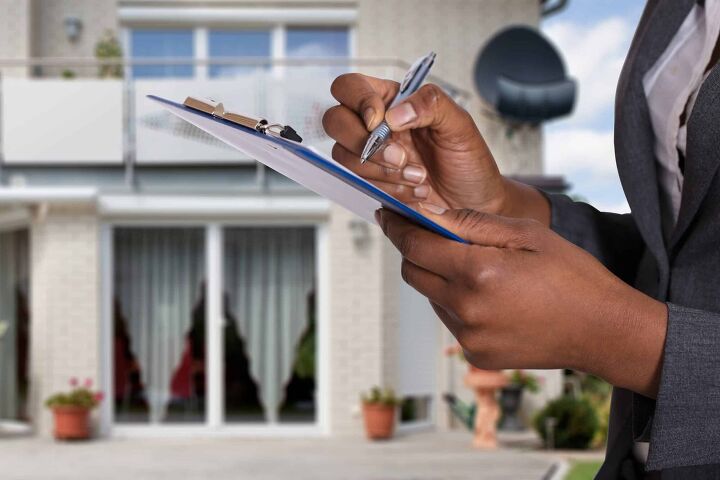
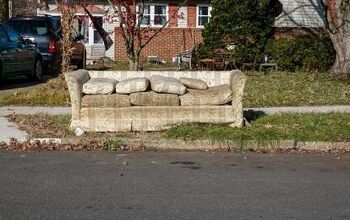






![Finishing Basement Without Permit [Is It Really Illegal?]](https://cdn-fastly.upgradedhome.com/media/2023/07/31/9070078/finishing-basement-without-permit-is-it-really-illegal.jpg?size=350x220)
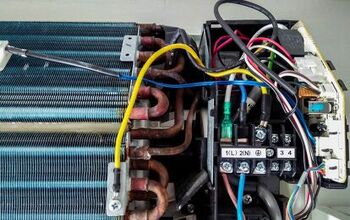
![10 Best Electric Lawn Mowers - [2022 Reviews & Top Rated Models]](https://cdn-fastly.upgradedhome.com/media/2023/07/31/9070486/10-best-electric-lawn-mowers-2022-reviews-top-rated-models.jpg?size=350x220)

